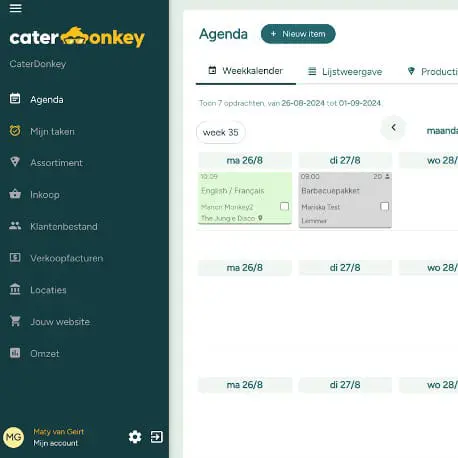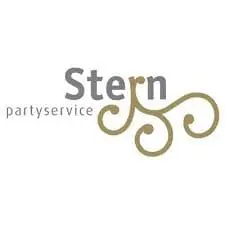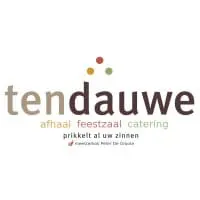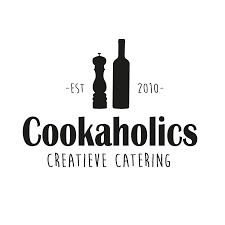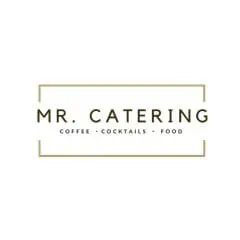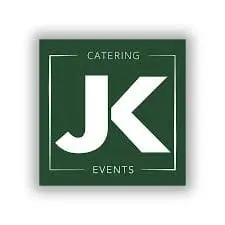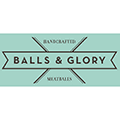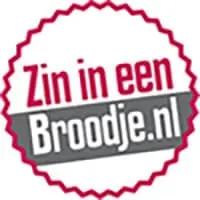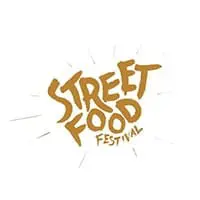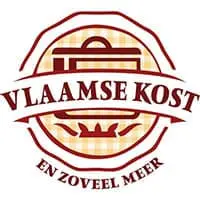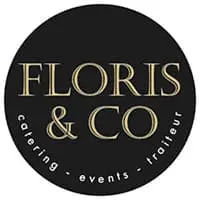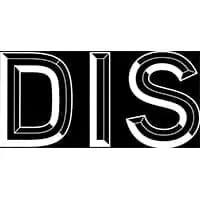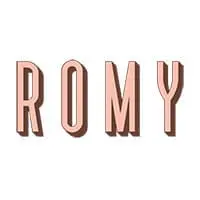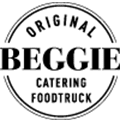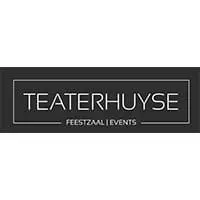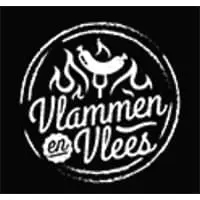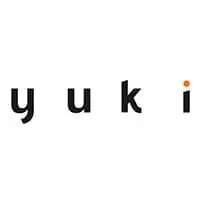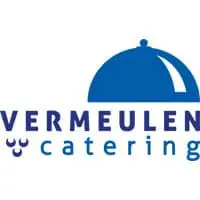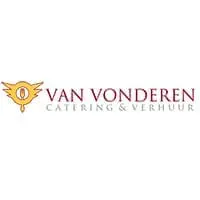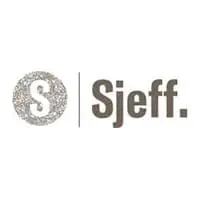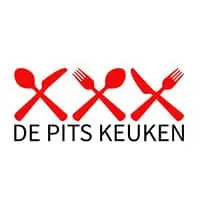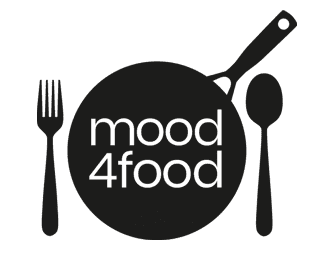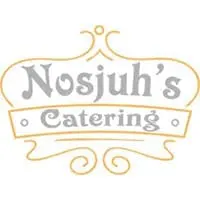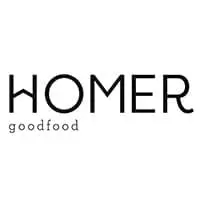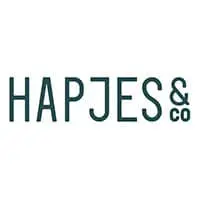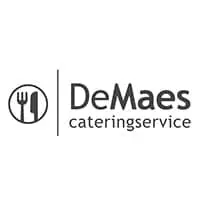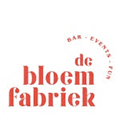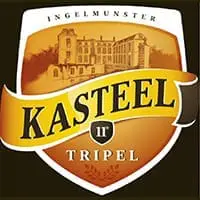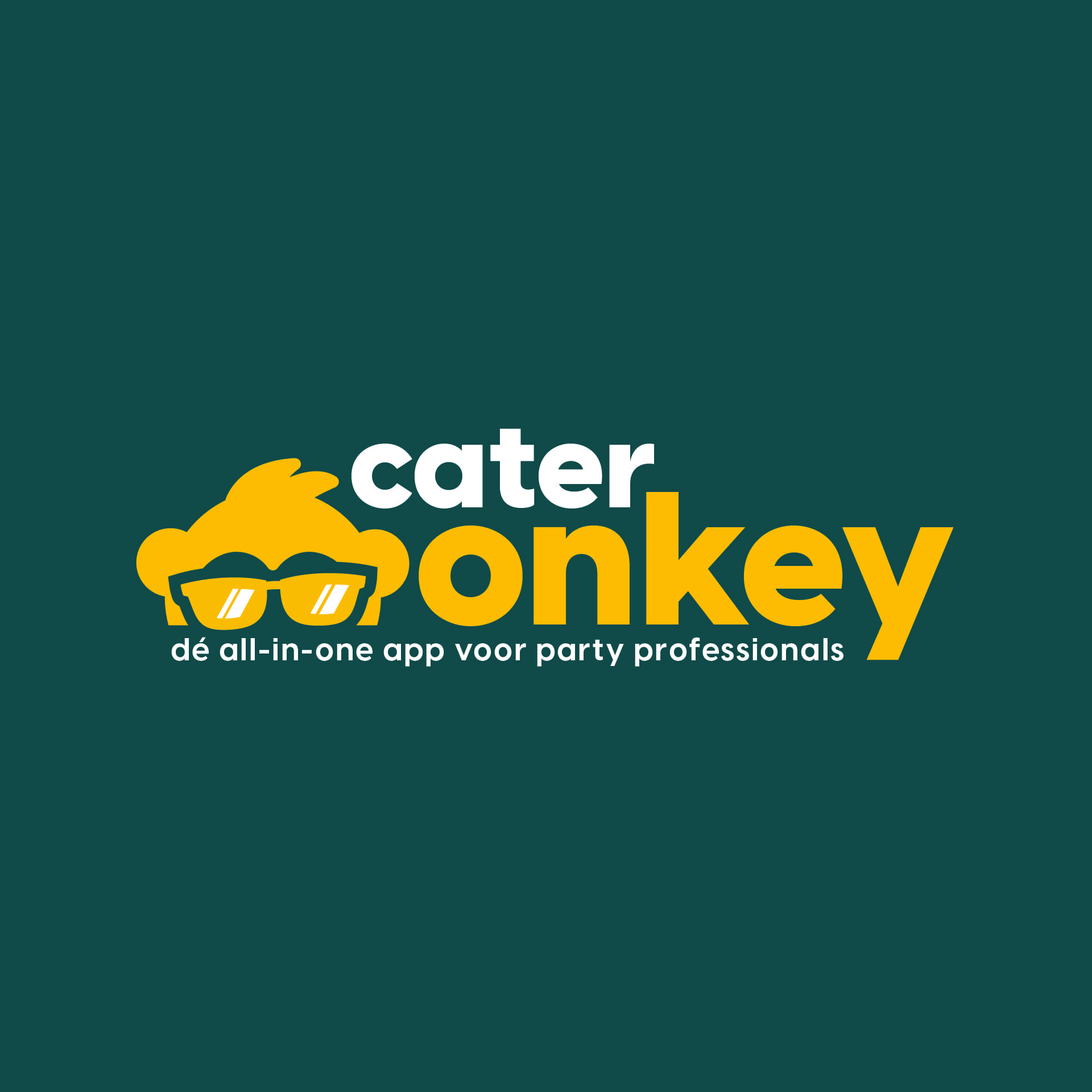The difference between a quotation and an invoice is that a quotation is a price proposal before the provision of services, while an invoice is a request for payment after the provision of services. A quotation does not entail a legal obligation to pay, whereas an invoice does. In the hospitality and events industry, you first send a quotation for your catering or event, and only after it has been carried out do you send the invoice.
The difference between a quotation and an invoice explained
A quotation is your price proposal to a customer before you provide your services. It shows what you can offer and how much it will cost. An invoice, on the other hand, is only sent after you have catered the event or provided the service.
This works very practically in the hospitality and events industry. You prepare a catering quote for a wedding, including all dishes, staff and materials. When the customer agrees, you deliver the catering. Then you send the invoice for payment.
The legal difference between a quotation and an invoice is important: a quotation is non-binding (unless accepted), while an invoice creates a payment obligation. This distinction helps you to communicate professionally with customers about expectations and obligations.

What exactly is a quotation?
A quotation is a written proposal in which you describe the services you provide and what they cost. For hospitality and catering companies, this is the starting point of every business relationship.
The purpose of a quote is threefold: you demonstrate your professionalism, specify your services and provide the customer with clarity about costs. A good catering quote includes menus, number of people, location, timing and all additional costs.
Professional quotes make all the difference in a competitive market. Customers often compare multiple providers, so a clear, attractive quote significantly increases your chances. What’s more, it prevents misunderstandings later on about what is and isn’t included.
What is an invoice and when should you send it?
An invoice is an official document with which you request payment for services rendered. You always send this after completing your catering or event.
In the Netherlands, you are legally required to send an invoice within a reasonable period of time. For most catering companies, this means within a week after the event. The invoice must comply with VAT regulations and contain specific mandatory information.
The payment invoice has legal consequences. From the moment it is sent, your customer is obliged to pay. That is why it is important that your invoice is correct and complete, so that you do not encounter any problems with payments or the tax authorities later on.
What information should be included in a quotation?
A professional quotation includes your company details, customer details, description of services, prices and validity period. For hospitality and event companies, there are specific points that are important.
Mandatory information includes: your company name, address, telephone number, email address and, if applicable, Chamber of Commerce number. In addition, customer details, date of the quotation and a unique quotation number for your records.
Recommended information for catering quotes: detailed menu description, number of people, location, date and time of the event, required materials, staff, delivery conditions and payment terms. Don’t forget to include VAT information and any additional costs such as travel expenses or service charges.
What information is required on an invoice?
Dutch legislation stipulates specific information that must be included on every invoice. These VAT requirements also apply to hospitality and catering businesses.
Mandatory information includes: your full company name and address, VAT number, customer details, unique invoice number, invoice date, description of services provided, amounts excluding VAT, VAT percentage and VAT amount, total amount including VAT.
It is important for catering companies to apply different VAT rates correctly. Some products are subject to the low rate (9%), others to the high rate (21%). Correct VAT reporting prevents problems with the tax authorities and ensures a professional image.
Can a quotation automatically become an invoice?
A quotation never automatically becomes an invoice. Conscious steps are always required to go from quotation to invoice, even though both documents are very similar.
The process is as follows: the customer accepts your quote, you deliver the catering or service, and then you draw up an invoice based on what was actually delivered. Sometimes the number of people or the menu changes, so the invoice may differ from the original quote.
Efficient organisation is extremely helpful in this regard. Modern business administration systems can transfer quotation data to an invoice, but you should always check that everything is correct. This saves time and reduces errors in your hospitality administration.
How long is a quote valid?
You determine the validity period of a quotation yourself, but 30 days is customary in the catering industry. Always state this clearly on your quotation.
Inform customers that prices may change after the expiry date, for example due to seasonal influences on ingredients or changes in personnel costs. For events planned well in advance, you can apply a longer validity period.
After the expiry date, you can create a new quote or extend the existing one. Some catering companies have a clause stating that prices can be adjusted to current market prices after a certain period.
Key differences at a glance
The difference between a quotation and an invoice can be summarised in terms of timing, legal consequences and purpose. A quotation is your sales tool, an invoice is your request for payment.
| Aspect | Quote | Invoice |
|---|---|---|
| Timing | Before providing services | After service provision |
| Legal status | Non-binding proposal | Payment obligation |
| Goal | Convincing the customer | Request payment |
| VAT entry | Recommended | Mandatory |
It is important for hospitality entrepreneurs to treat both documents professionally. Ensure consistent corporate identity, correct information and clear communication. This increases your credibility and ensures smooth payments.
Consider digitising your quotation and invoicing process. This saves time, reduces errors and gives you a better overview of your business administration. Modern software such as Catermonkey can streamline the entire process from quotation to payment. Do you have questions about optimising your quotation and invoicing process? Feel free to contact us for personal advice.
Plan your brainstorm with Catermonkey!
Do you have ideas or questions about optimising your quotation and invoicing process? Catermonkey is happy to help you explore how our platform can support your business. Whether you want to know how to work more efficiently, streamline your administration, or are simply curious about the possibilities, we are here to help.
Plan your brainstorming session with Catermonkey! Click here to schedule a no-obligation brainstorming session and discover how we can work together to take your business to the next level.
